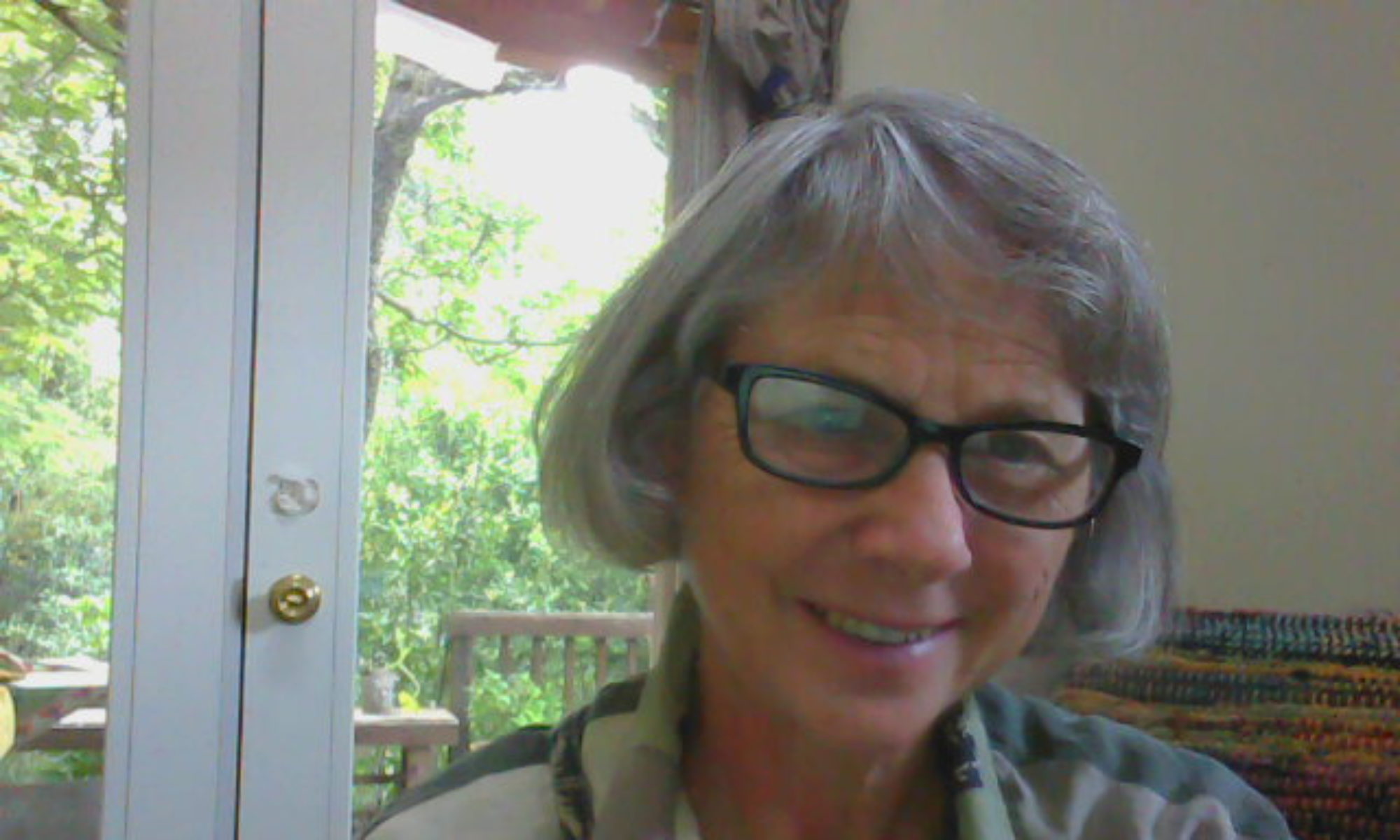This is often an uncomfortable topic for parents, but so important for helping to instill healthy attitudes towards sexuality, safety, and our bodies. Some parents wonder if it’s better to pre-empt questions with a healthy lesson or lesson book, or if it’s better to wait until a child asks questions, as they often do.
Actually, there’s a few topics that do need to be addressed by parents. It’s important to educate children about “safe touch” and “private parts”. Always label body parts with actual names- vagina, penis, anus, bum or butt. Baby-talk names are not respectful of the body, and the person. We keep our bodies private below the belt, and no one touches our private parts, except if they’re trying to help us stay clean.
It’s important to talk about how it’s always okay to tell about anything that feels funny and to ask mom or dad, or a teacher about it. Children don’t need to keep secrets ever, and being told this helps consolidate a child’s sense of safety within the family.
However, talking about the actual human reproductive cycle can be overwhelming for a small child, especially if they’ve not expressed any curiosity. As a rule, it’s best to answer any questions simply, without details. There are several good books on the market that talk about bodies and where babies come from, with good illustrations, and they will help many parents to answer questions, and be helpful in communicating an open and accepting attitude to the body. And perhaps answer curiosity about the opposite sex.
As a rule, it’s best to answer simply without details, and to offer a trip to the library to learn more perhaps? Online one finds loads of wonderful books on the topic, presented in myriad ways, some of which will certainly resonate with the question your child may have asked. It’s normal and natural for children to be curious. The wonder and sacredness of our human sexuality can be an unfolding story for your family, as it does become age appropriate to discuss. A casual and happy beginning can lead to lifelong relationships with respect and joy.

